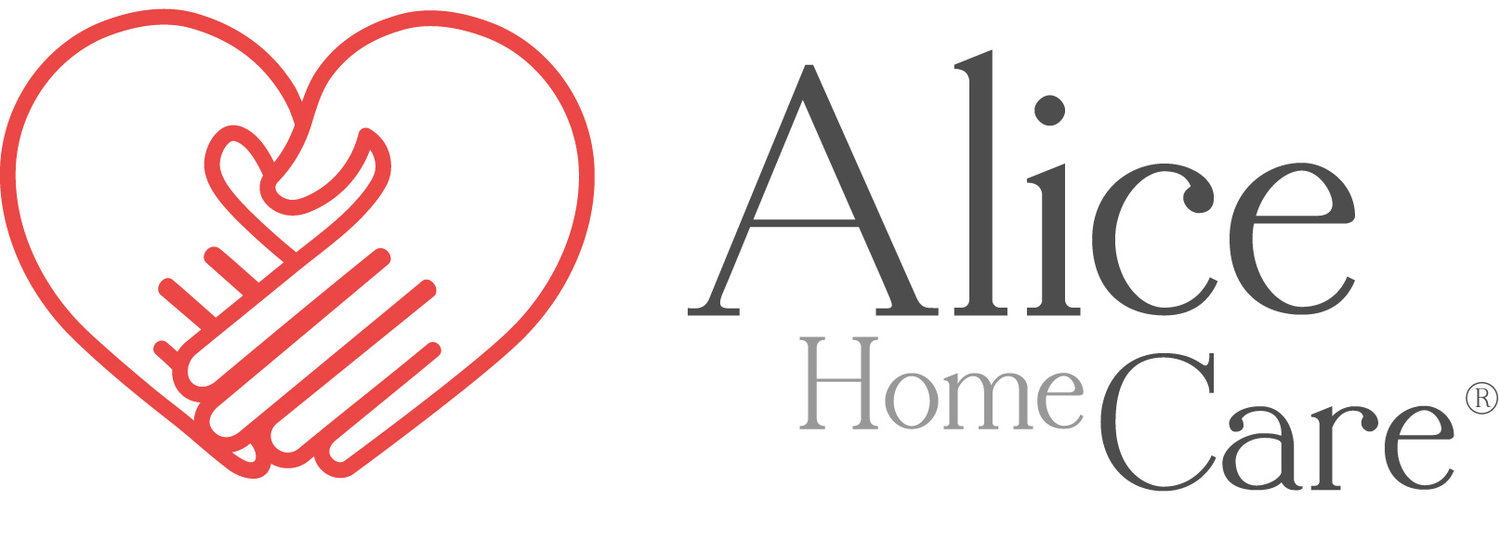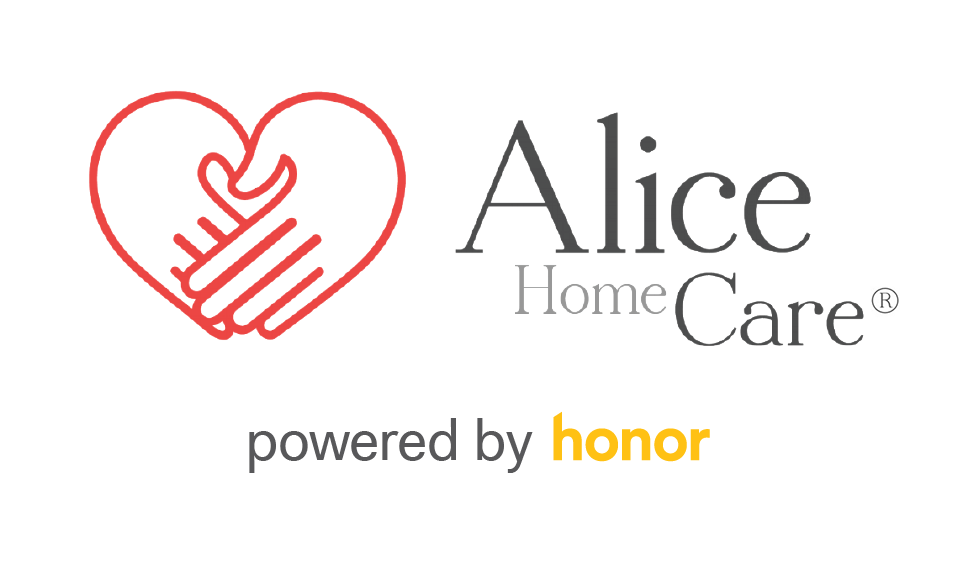Every Tuesday for the past eight weeks, a group of older adults with concerns about falling gathered at the Alameda Main Library. They were joined by Alice Lai-Bitker from Peace of Mind Home Care and David McGuinness Senior Services, hosts of A MATTER OF BALANCE - a national evidence based program, sponsored by Alameda County Senior Injury Prevention Program, designed to manage falls and increase activity levels.
This group of older adults learned how to:
- view falls as preventable
- set goals for increasing activity
- make changes to reduce fall risks at home
- exercise to increase strength and balance
What were some reflections from the workshop?
--The workshop was really good. It taught me how to get up when I do fall and gave me safety tips on how to avoid falls.
--This was an eye opener for me and now I am more aware of falls and their danger. I even took steps to make my house more age friendly and safer for me to live in. It was beneficial for me to attend.
--It was very good and has helped me plan for actual life situations so I can be prepared.
--Excellent workshop. I learned how to exercise properly, proper standing poses and some procedures to use to get up from a fall. Very helpful.
--It made me pay attention to how I can avoid falls.
--When I go on trips I will be more conscious of my actions so I will be safe and enjoy my travel injury-free. (Fenstermachers)
When asked what changes have already been made as a result of the class, this is what was shared:
--I learned to be more serious about my physical activity.
--I feel more accepting of using aides- cane, walker, grab bar.
--I rechecked my home for safety.
--I put bars in my bath tub, and I am aware of what I am doing and watch where I am walking. The class has opened my thoughts to improve my balance and prevent falling.
--I discipline myself, set a goal and accomplish as much as I can, but not over exhaust myself to fall.
--I made safety corrections at home. I walk more with greater care and exercise more. I am more aware of hazards.
Lai-Bitker really enjoyed leading the workshop. "It's wonderful to see them participate honestly" she explained, "sharing their own experience of falls and strategize together for solutions and how to handle embarrassing moments."
We are currently accepting sign ups for our next session in the summer, beginning August 1st. Sign up here.
Peace of Mind Home Care is here to help provide compassionate care for your loved ones who struggle to remain independent in their homes. Give us a call at 510-924-8529 and let us provide you with Peace of Mind.
To learn more about A MATTER OF BALANCE, visit the National Council on Aging or check out our previous blog post.


















